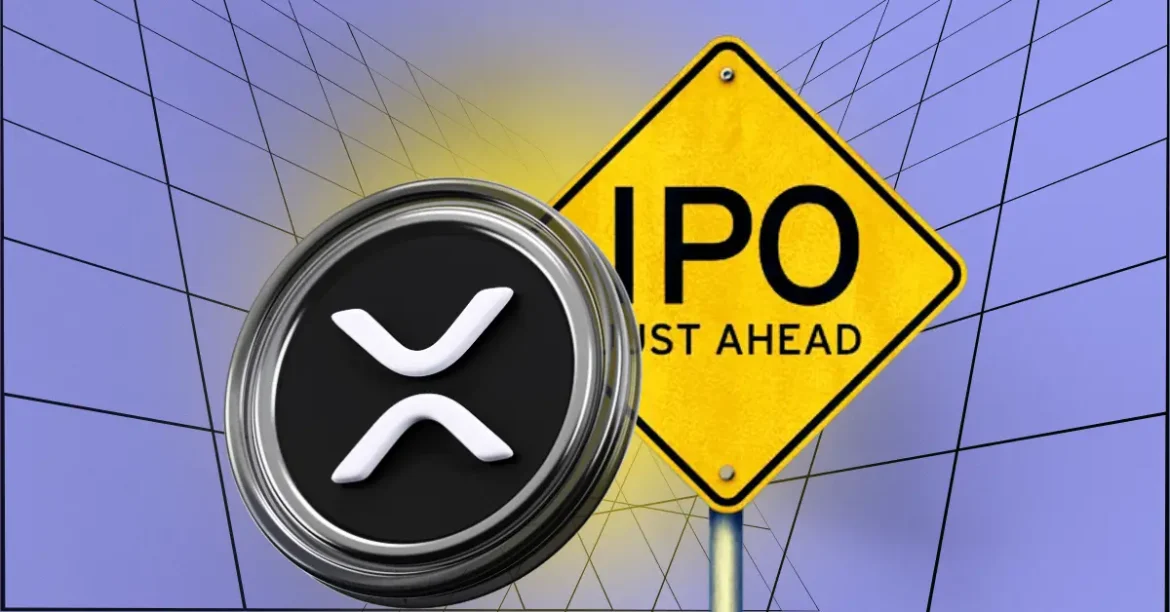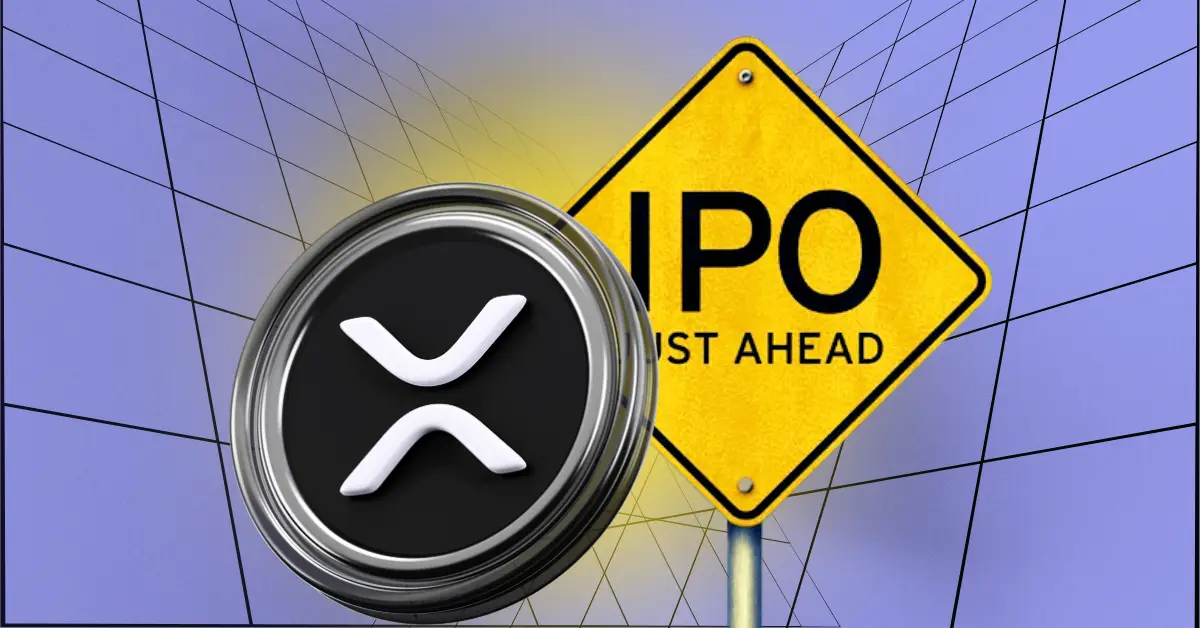Navigating Ripple’s Legal Crossroads: Will Rule 60 Motion Unlock IPO Potential?
Ripple Labs, the blockchain technology company behind the XRP cryptocurrency, has been embroiled in a high-profile legal battle with the U.S. Securities and Exchange Commission (SEC) for years. Central to this fight is the SEC’s contention that Ripple’s XRP constitutes an unregistered security, leading to an injunction that significantly restricts Ripple’s business operations — particularly blocking the possibility of an IPO (Initial Public Offering). Recent developments reveal Ripple and the SEC jointly seeking relief from these restrictions through a motion under Federal Rule of Civil Procedure 60(b). This analysis explores the intricacies of this motion, its potential to reshape Ripple’s future, and the hurdles ahead.
Understanding Rule 60(b) and Its Significance for Ripple
What is Rule 60(b)?
Federal Rule of Civil Procedure 60(b) is a judicial mechanism permitting courts to relieve a party from a final judgment, order, or proceeding under specific exceptional circumstances. These might include discoveries of new evidence, mistakes, fraud, or any other reason that justifies such relief. Essentially, Rule 60(b) opens the door for revisiting and potentially modifying settled court decisions.
For Ripple, invoking Rule 60(b) is a strategic attempt to undo or ease the August 2024 injunction that currently forbids the company from certain XRP sales and impacts its ability to proceed with an IPO. If successful, this would allow Ripple to “restart its business operations” fully and move forward with business plans previously curtailed by litigation.
Previous Attempts and Legal Obstacles
Although Ripple and the SEC previously filed motions under similar procedural rules, such as Rule 62.1, these were denied by Judge Analisa Torres on procedural grounds. The judge emphasized the heavy burden involved in vacating an injunction, signaling a rigorous judicial standard to be met. The current motion under Rule 60(b) is positioned differently, potentially offering a more viable path due to its scope and the new circumstances asserted by both parties.
The Stakes: Unlocking Ripple’s IPO Dreams and Financial Penalties
IPO Restrictions Tied to the Injunction
The injunction imposed on Ripple has effectively shackled the company’s ability to raise capital via public markets. Without the removal of this injunction, Ripple faces a prolonged inability to conduct an IPO or similar securities offerings for potentially the next four years. Given that IPOs are crucial for raising growth capital and legitimacy in the financial sector, lifting these restrictions is pivotal for Ripple’s expansion ambitions.
An approved Rule 60(b) motion would likely lift these constraints, clearing the regulatory fog and allowing Ripple to chart a course toward an IPO or comparable capital markets endeavors.
Reducing Financial Penalties
Alongside unlocking business operations, the motion also seeks to reduce Ripple’s civil penalty from $125 million to $50 million. This reduction aligns with negotiations reflecting the degree of culpability and serves as an essential component of any potential settlement agreement.
Yet, the judge’s prior reluctance to approve reduced penalties without stringent conditions indicates the challenge Ripple and SEC face in persuading the court.
Procedural Hurdles and Judicial Discretion
The Judge’s Firm Stance
Judge Analisa Torres has previously rejected motions that lacked comprehensive justification or failed to meet procedural mandates. The lifting of injunctions is a rare legal remedy, given the “heavy burden” courts place on parties seeking to overturn final orders.
The parties must present compelling new facts or legal arguments demonstrating that the previous injunction is no longer warranted. The motion under Rule 60(b) needs to pass this high bar to be successful.
Potential Risks for the Settlement
Some legal experts warn that if the motion is denied, the joint settlement framework, which entails lifting parts of the injunction and reducing penalties, could collapse. This scenario would prolong litigation, possibly dragging the XRP market and Ripple’s business prospects into further uncertainty.
Additionally, considerations about procedure compliance with SEC commissioner authority and proper court governance may influence the judgment. Any failure to adhere strictly to procedural protocols risks invalidating the agreement or delaying resolution.
Broader Implications for the Crypto Ecosystem
Ripple’s legal battle is emblematic of the broader uncertainty plaguing the cryptocurrency sector in the U.S., where regulatory classifications of digital assets remain unsettled. A favorable ruling granting relief under Rule 60(b) could send a strong market signal that promotes regulatory clarity and investor confidence.
Conversely, continued legal entanglements or court denials may contribute to prolonged regulatory ambiguity, deterring innovation and IPO pursuits by other crypto firms.
Anticipated Timeline and Outlook
Current filings indicate Ripple and the SEC intend to submit their Rule 60(b) motion imminently, likely before the June 16 procedural deadline. The court’s response could usher in a critical 60-day window extending the appeal process, granting both sides additional time to negotiate or prepare for further litigation phases.
Should the motion succeed, Ripple’s path toward IPO eligibility could accelerate dramatically. Failure, however, might entrench restrictions for years, necessitating alternative growth strategies and continued legal defense.
Conclusion: A Pivotal Moment in Ripple’s Legal and Corporate Journey
The pending motion under Federal Rule of Civil Procedure 60(b) represents a crucial juncture in Ripple Labs’ protracted legal dispute with the SEC. Its outcome carries substantial weight — potentially lifting the impediments to Ripple’s IPO ambitions and reducing its financial penalties, thereby facilitating a strategic reset for the company.
However, the motion must overcome stringent judicial scrutiny and procedural challenges in a climate of regulatory uncertainty. The measure in which Ripple and the SEC can demonstrate changed circumstances or errors in the original injunction will determine if this legal lifeline is granted.
Ultimately, this attempt encapsulates both the promise and the complexity of navigating the intersection of emerging blockchain technology and traditional securities regulation, with Ripple’s future—and possibly the trajectory of the broader cryptosphere—in the balance.





